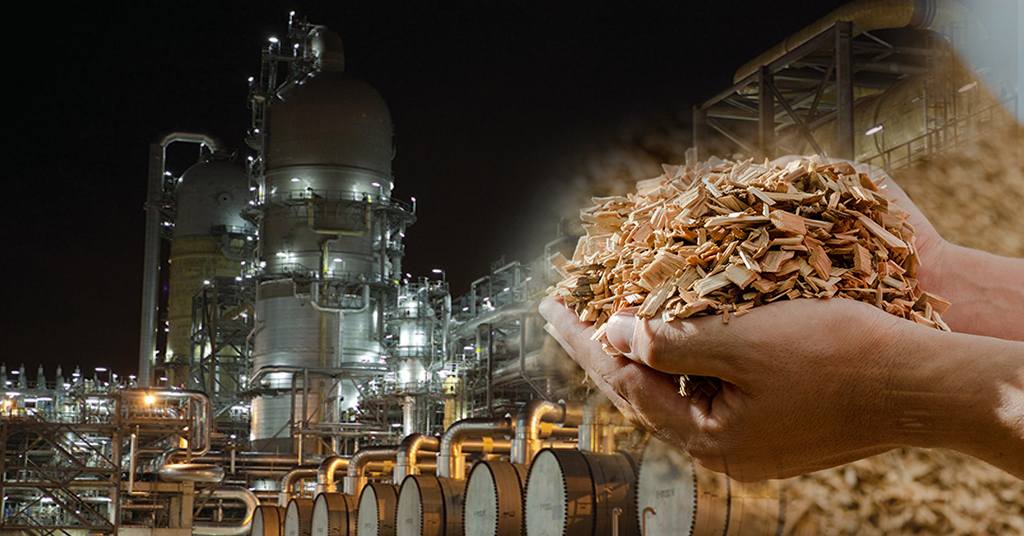Welcome To ChemAnalyst

The robust diesel engine resonates with power as the water taxi maneuvers through the turbulent waters connecting Rotterdam's industrial port areas to the remnants of the city's historical maritime splendor. Docking in front of the elegant Hotel New York, a tangible piece of the city's global shipping legacy comes into view. The 122-year-old building, a rare survivor of Rotterdam's extensive bombing during World War Two, originally served as the headquarters of Dutch shipping company Holland America Line, with its name still prominently displayed on the façade.
Adjacent to this maritime relic, the Port of Rotterdam Authority, headquartered in a skyscraper resembling a lighthouse, looks to the future of shipping. The focus is squarely on sustainable practices, particularly in reducing emissions. As the manager and operator of Europe's largest port, the authority has forged a groundbreaking partnership with its Singaporean counterpart to establish one of the world's inaugural long-distance green shipping corridors.
The essence of these corridors lies in facilitating cargo ships to traverse routes exclusively using zero or low-emission fuels. Rotterdam and Singapore are actively constructing storage facilities for green fuels like ammonia and methanol, providing alternatives to conventional fuel oil. "Green ammonia" refers to gas produced by combining hydrogen and nitrogen, with the added distinction of using 100% renewable energy to generate the hydrogen. Meanwhile, methanol, a type of alcohol, can also be produced using green energy sources.
The concept of green corridors originated at COP26, the global environmental summit held in Glasgow in 2021. Captured in the Clydebank Declaration, endorsed by 22 countries, including the UK, it outlined a commitment to establish a minimum of six corridors by the mid-2020s. At COP28 in the United Arab Emirates, new corridors were unveiled, such as one linking Canada's west coast to Korea and Japan, another in the Caribbean, and a route connecting Houston in the US to Belgium's Antwerp.
These initiatives followed a significant pledge by the International Maritime Organization, representing the shipping industry, committing to achieving net-zero emissions "by or around" 2050. As ports like Rotterdam gear up for the transition to zero-emission shipping, it is evident that shipbuilders face a parallel and formidable challenge in adapting to new environmental norms.
Statistics from the industry reveal that a mere 0.6% of global cargo ships currently operate on alternative fuels, with a limited 15 to 16% of vessels on order set to run on dual or alternative fuels. Despite this, there is notable high-profile interest in promoting eco-friendly shipping, exemplified by industry leaders such as Amazon. As a founding member of the Zero-Emission Maritime Buyers Alliance, Amazon, alongside companies like Ikea and Patagonia, recently extended a reduced emissions contract with shipping giant Maersk.
In a parallel move, North Sea Container Line, a cargo firm, is introducing a vessel powered by ammonia, designed for operations between Norway and Germany. Furthermore, Hoegh Autoliners, specializing in car and train transportation, is actively constructing 12 new ships equipped for ammonia use.
We use cookies to deliver the best possible experience on our website. To learn more, visit our Privacy Policy. By continuing to use this site or by closing this box, you consent to our use of cookies. More info.
